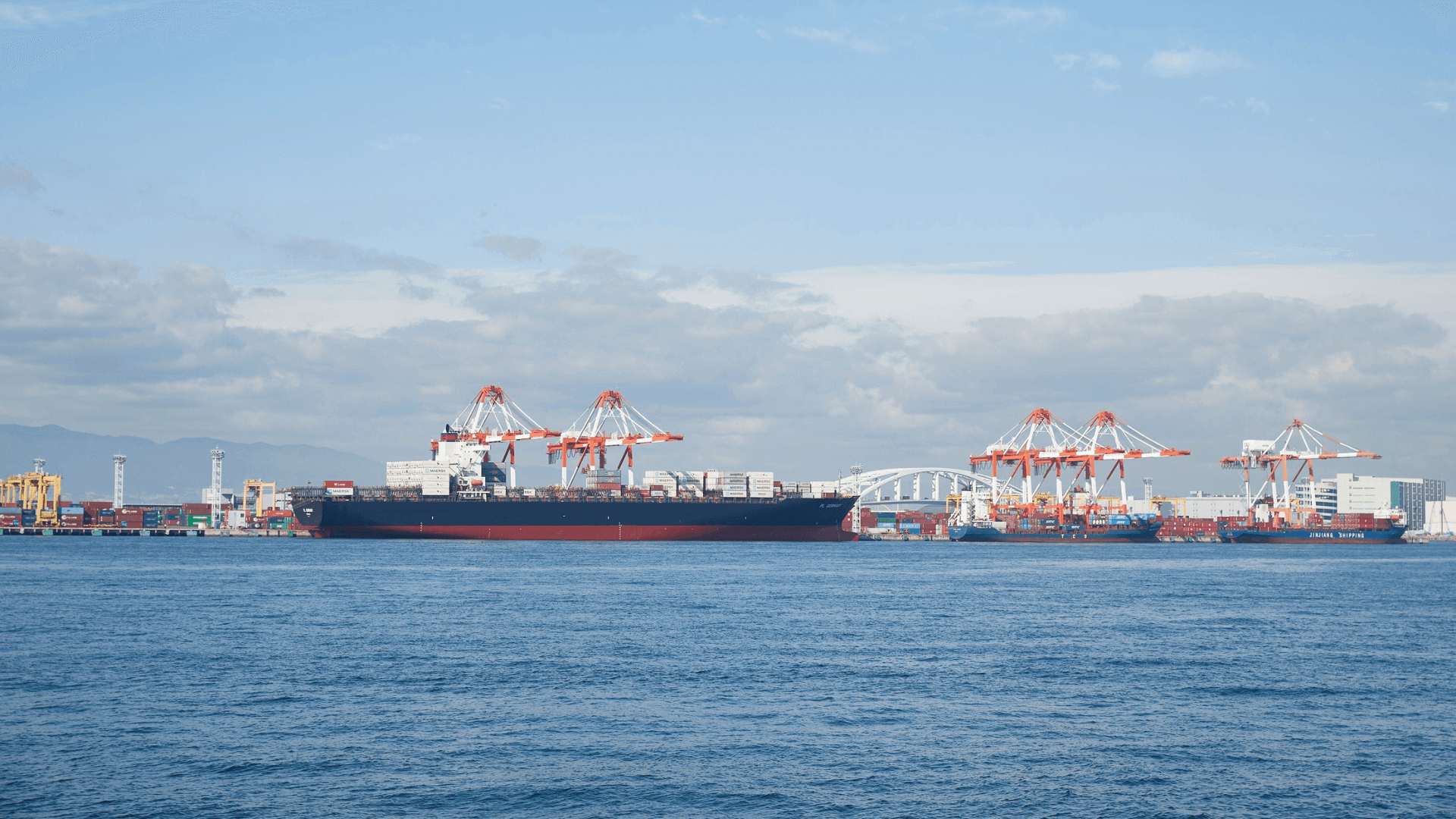The Role of Governance in Opening Data for the Mobility as a Service in Brazil

The paper ”The Role of Governance in Opening Data for the Mobility as a Service in Brazil ” (Souza, F.L.C., Romeiro, D.L., Gonçalves, E., Dutra, J.) will be presented at the 11th FSR Annual Conference “From Data Spaces to Data Governance” (9-10 June, 2022).
Abstract:
Several cities around the world started a process of optimizing local transport systems by implementing the MaaS concept. The approach of each city has changed according to the characteristics, maturity, and governance structure from different transport systems. While in Madrid, for example, the MaaS provides integration of public and private modes, in Berlin, the platform has been prioritized only by public transport modes. At the heart of the MaaS discussion, data openness, especially between private and public modes, has become crucial about the future and the characteristics of new transport platforms. One of the fundamental requirements for MaaS is the opening of data from the different providers on the platform, which directly impacts the business model and governance of transport systems.
Considering the different drivers in MaaS, the institutional aspect is an important barrier to the implementation of MaaS in Brazil. This is due to the decentralized governance characteristics of these systems, as well as the lack of incentives for open innovation and the absence of regulations to promote more efficient services with greater added value to the population. In many cases, the process of regulating new mobility services cannot keep up with technological developments and new mobility businesses or ensure the competition of public transport, which can impact the local transport network efficiency.
This paper aims to present and discuss a possible governance and regulatory structure for MaaS in Brazil
• First, identifying possible regulatory gaps that hamper the basic requirements of MaaS in Brazil: 1) definition of mobility service providers (who can participate on the platform); e 2) opening and protection of data from travels (security and sharing of open data).
• Secondly, from the customer’s perspective, mapping institutional aspects and attributes that can contribute to the delivery of more efficient services in Brazilian transport systems.
Research Design and Expected Results:
The four stages that make up the design research are described below.
1) Exploratory analysis of different regulatory and implementation processes of MaaS. The main successful experiences will be considered, especially at different levels of MaaS. Ex.: Madrid, Helsinki, Vienna, Hannover, Stockholm, Berlin, etc.
2) State of art regarding literature from other sectors as references in open innovation and open data in Brazil and in the world: IT (digital platforms), Digital Institutions, etc. At this stage, we will seek to establish benchmarks for the MaaS implementation.
3) Diagnosis of the characteristics of innovation and openness of data in the different transport systems in Brazil. At this stage, we will seek to define characteristics of Brazilian transport: establish source points, weaknesses, opportunities and threats for open innovation, data opening and MaaS. In addition, open innovation experiences in the transport systems of São Paulo, São José dos Campos, Florianópolis and Fortaleza will be considered.
4) Development of guidelines for the implementation of MaaS in Brazil from an institutional point of view, focusing on regulatory aspects and on delivering attractive and sustainable travel to customers. This step will consider the analysis of regulatory gaps for the implementation of MaaS, considering the Brazilian demand.
This paper will allow a better understanding of the institutional barriers to the implementation of MaaS in Brazil. This will certainly contribute to the adoption of more assertive processes for the Brazilian reality. In addition, based on international best practices in MaaS and open innovation, it will be possible to have a complete picture of the role of open data for the success of these new transport systems. We expect answer questions about barriers to data sharing; what the governance of these data spaces should be or even what the role of MaaS in new transport systems is?
Don’t miss any update on this topic
Sign up for free and access the latest publications and insights












